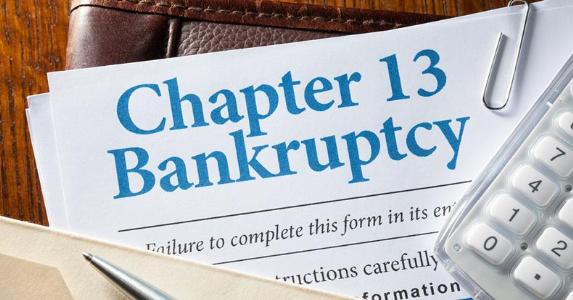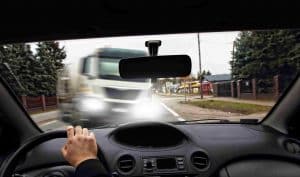There are substantial hidden costs in delaying to file for consumer bankruptcy protection and we review those costs here in this article. When a creditor threatens a debtor with an action to repossess property, debtors often turn to filing for bankruptcy protection. For debtors facing repossession, the decision whether or not to file for bankruptcy protection brings one more stressor in a time of great personal and financial despair. In late 2019, the Third Circuit Court of Appeals, which includes all of Pennsylvania, New Jersey, and Delaware, issued a ruling that prompts debtors considering whether to file for bankruptcy to act quickly by also deciding when to file for bankruptcy. The case, In re Denby-Peterson (941 F.3d 115 (2019)), demonstrates the high cost to a debtor by delaying to file for bankruptcy protection until after a creditor has repossessed their property.
In July 2016, Joy Denby-Peterson purchased a Chevrolet Corvette and, within months, was unable to make her payments. The creditor repossessed the vehicle and Ms. Denby-Peterson quickly filed for Chapter 13 bankruptcy in order to reorganize her debts and continue to make her payments. Ms. Denby-Peterson notified the creditor of her bankruptcy filing and asked that they return the vehicle. The creditor failed to return the vehicle and retained possession, leaving Ms. Denby-Peterson to petition the Bankruptcy Court to compel the creditor to return the vehicle and sanction the creditor for violating certain provisions of the Bankruptcy Code. The Bankruptcy Court ordered the creditor to return the vehicle and denied sanctions against them. On appeal, the case reached the Third Circuit Court of Appeals.
This case turned on two important provisions of the Bankruptcy Code. The first important provision is the Automatic Stay, under section 362(a) of the Bankruptcy Code. The Automatic Stay begins at the time of filing to prevent creditors from taking action to collect debts incurred prior to the debtor filing for bankruptcy protection. The Automatic Stay includes preventing a creditor from selling property lawfully repossessed prior to filing for bankruptcy protection. The second important provision is the Turnover provision, under section 542(a) of the Bankruptcy Code. The Turnover provision mandates that the debtor’s property, held by another, be returned and included as property of the Bankruptcy estate.
A majority of courts have read these provisions together and determined that they require the creditor who lawfully repossessed property prior to the debtor filing for bankruptcy protection must return the repossessed property after receiving notice of the debtor’s bankruptcy filing. Further, these courts have determined that if the creditor fails to turn over the property, the creditor violates the Automatic Stay. This is the relief Ms. Denby-Peterson sought when she asked the creditor to return her vehicle.
The Third Circuit Court of Appeals joined the minority view, however. In joining this small minority, they found that the Automatic Stay operates to prevent an “act to exercise control” over property of the estate after the debtor filed for bankruptcy protection and that a creditor who repossessed property prior to the debtor filing for bankruptcy protection may refuse to return that property in order to maintain the “status quo”. This decision separates the Automatic Stay from the Turnover provision such that the creditor’s duty to turn over the property is no longer automatic. Instead, debtors who seek return of property that was repossessed prior to their bankruptcy filing must file an adversary proceeding with the Bankruptcy Court to demand the creditor return the property. Therefore, the creditor must return the repossessed property if, and only if, the Bankruptcy Court determines the repossessed property is part of the bankruptcy estate and issues an order to the creditor to return the property.
This is the hidden cost of delaying to file bankruptcy after creditors have threatened repossession. If Ms. Denby-Peterson had filed for bankruptcy protection prior to her creditor repossessing her vehicle, the contrast is stark. The Automatic Stay would have applied to prevent her creditor from repossessing the vehicle and it would have remained in her possession. Retaining possession, in turn, would have saved her from the extra delays and increased expense required to petition the Bankruptcy Court to require return of the property.
The moral of In re Denby-Peterson is that consumers considering filing for bankruptcy protection must act quickly in order to protect themselves and their property. If a creditor either threatens or has initiated a repossession action for property that secures a debt – for vehicles, furniture, electronics, etc. – the debtor should immediately consult with a qualified Bankruptcy Attorney to determine the best route to protect their assets and avoid costly delays.
The experienced, proven, and trusted bankruptcy attorneys at Mooney Law stand ready to assist you and answer your questions. Consultations for bankruptcy are always free at Mooney Law. To schedule a FREE PHONE consultation, call us today at 833-MOONEYLAW or at 717-200-HELP. You can also visit the firm website at https://www.mooney4law.com.



